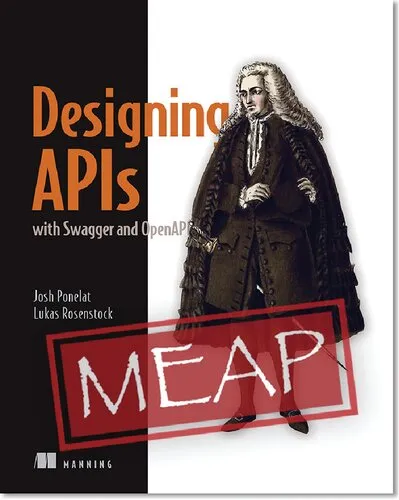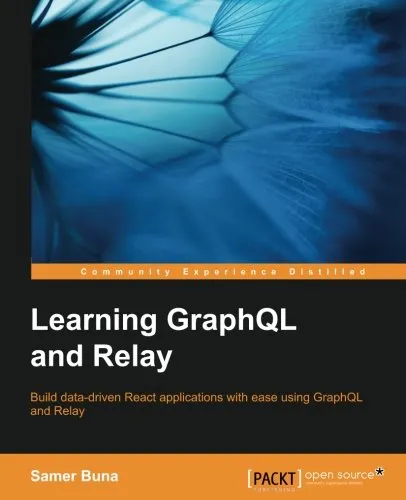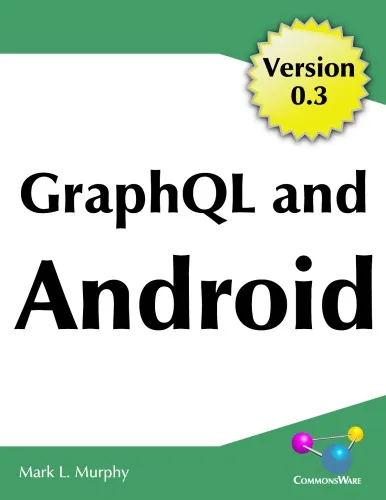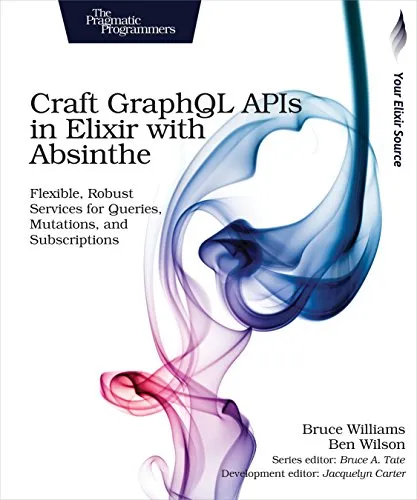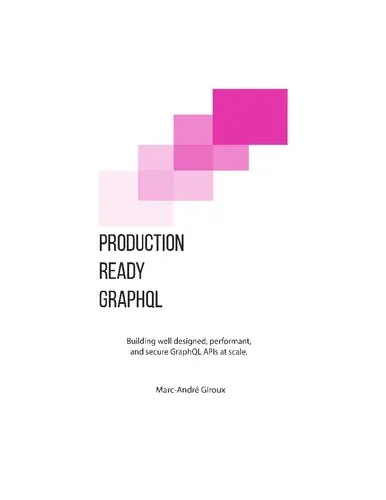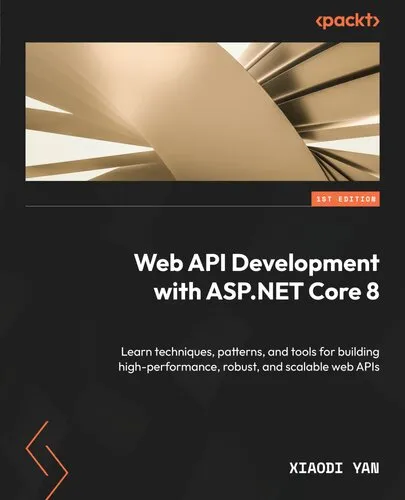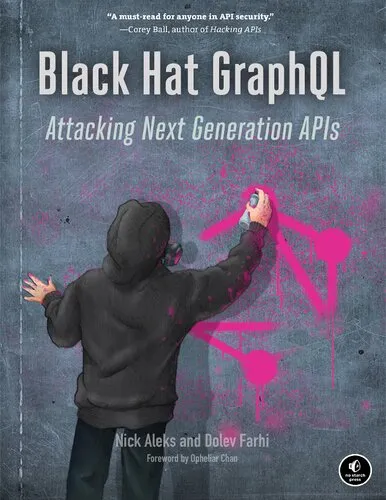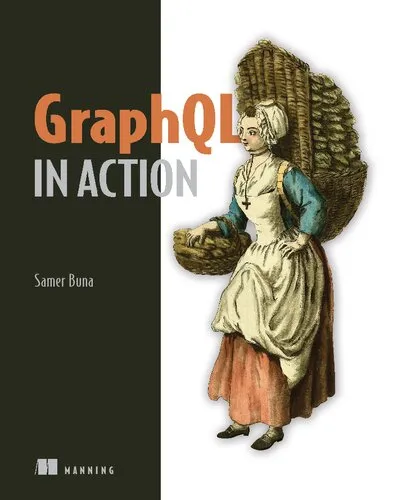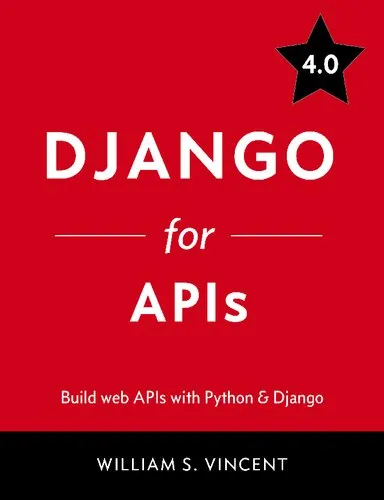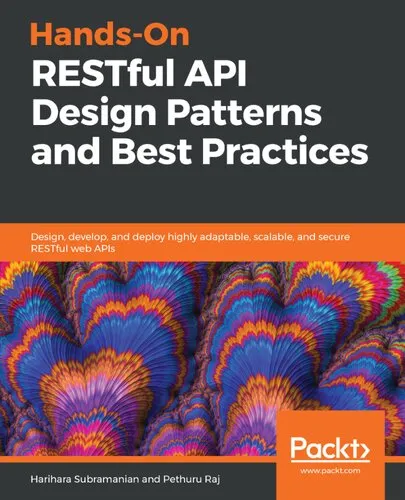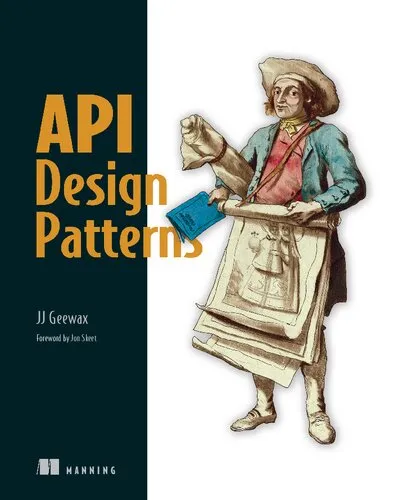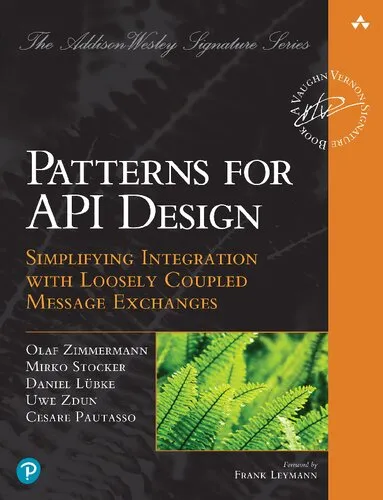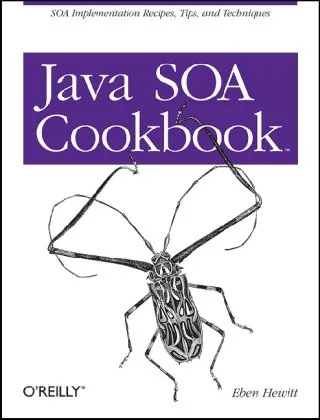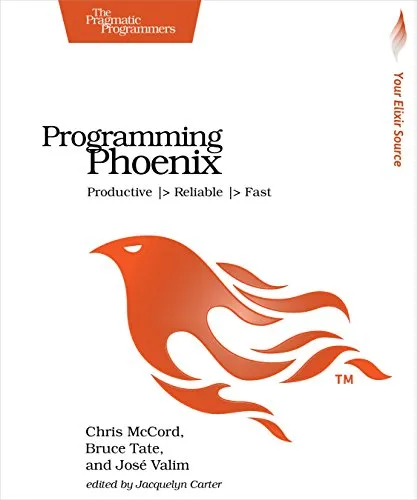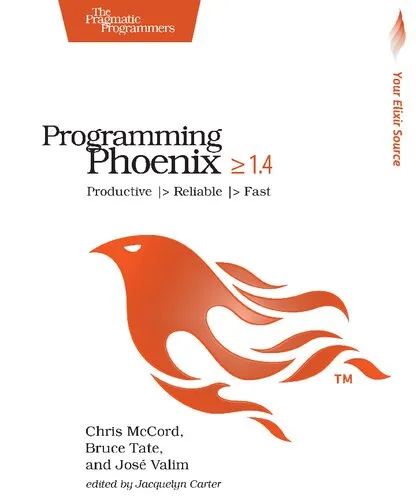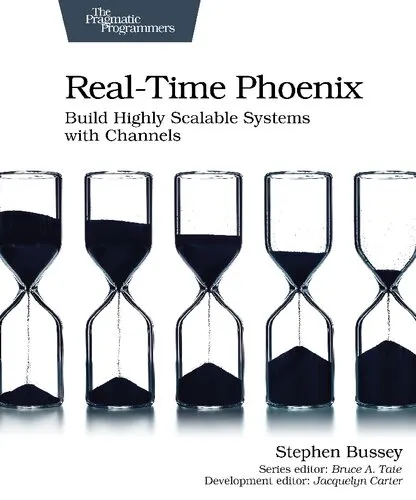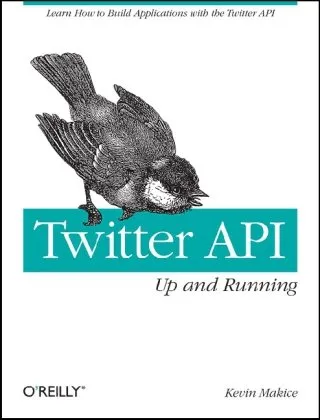Designing APIs with Swagger and OpenAPI
5.0
Reviews from our users

You Can Ask your questions from this book's AI after Login
Each download or ask from book AI costs 2 points. To earn more free points, please visit the Points Guide Page and complete some valuable actions.Related Refrences:
Introduction to "Designing APIs with Swagger and OpenAPI"
Welcome to the illuminating world of API design, expertly navigated through the lens of "Designing APIs with Swagger and OpenAPI". This book stands as a comprehensive guide aimed at both novice and experienced developers, architects, and tech enthusiasts eager to delve into the innovations of API specification standards. By harnessing the full potential of Swagger and OpenAPI, this carefully crafted tome provides an extensive framework that empowers readers to design, build, and evolve APIs with precision and clarity.
Detailed Summary of the Book
"Designing APIs with Swagger and OpenAPI" provides an immersive, step-by-step exploration of Swagger and OpenAPI, the definitive standard in API design and development. The authors, Joshua S. Ponelat and Lukas L. Rosenstock, begin by laying a strong foundation, explaining the history and significance of these tools in the modern tech landscape. The book is structured to guide readers through every aspect of API design, from initial concept through to deployment and ongoing management.
The journey begins with introductory concepts, detailing the rationale behind using a specification-driven approach. As the book progresses, it delves into the nuts and bolts of OpenAPI. Readers are introduced to intricate documentation techniques, validation processes, and API security best practices. The guide further expounds on using these specifications to enhance collaboration within teams and streamline the development lifecycle.
Complementing these rich discussions are practical examples and case studies that reveal the real-world applications of Swagger and OpenAPI. This immersive learning experience is designed to arm readers with the proficiency needed to produce well-documented, reliable, and consistent APIs.
Key Takeaways
- In-depth understanding of OpenAPI specification and its essential components.
- Techniques for documenting APIs effectively using Swagger tools.
- Best practices for designing secure, scalable, and maintainable APIs.
- Insights into integrating third-party services to extend API functionalities.
- Strategies for fostering collaboration in development teams using API-first approaches.
Famous Quotes from the Book
The book contains numerous insightful observations and guidance that inspire profound understanding and application of API design. Here are a couple of noteworthy quotes:
"APIs are the connective tissue of the digital world. A well-thought-out API can empower applications and unlock tremendous potential."
"The key to API design is consistency and clarity; with OpenAPI, these goals are no longer aspirational but achievable."
Why This Book Matters
"Designing APIs with Swagger and OpenAPI" is not just a technical manual; it's a cornerstone in the library of modern software development. As businesses and developers increasingly prioritize agility and interoperability, the demand for robust API frameworks grows. This book responds to that demand by demystifying the complexities surrounding API design.
Its relevance is underscored by the widespread adoption of APIs as a crucial component in the digital transformation journeys of enterprises worldwide. The practical insights and methodologies presented empower developers to construct interfaces that not only meet current technological standards but also anticipate future needs.
Through this book, readers are invited to master the art and science of API design, equipped with the knowledge to drive innovation and efficiency in their respective fields. In essence, it's a vital resource for anyone passionate about mastering the expanding frontier of connected software systems.
Free Direct Download
You Can Download this book after Login
Accessing books through legal platforms and public libraries not only supports the rights of authors and publishers but also contributes to the sustainability of reading culture. Before downloading, please take a moment to consider these options.
Find this book on other platforms:
WorldCat helps you find books in libraries worldwide.
See ratings, reviews, and discussions on Goodreads.
Find and buy rare or used books on AbeBooks.
1637
بازدید5.0
امتیاز2
نظر98%
رضایتReviews:
5.0
Based on 2 users review
raul1
March 12, 2025, 8:51 p.m.
Excellent book for .Net developers
eijikudou0116
Aug. 4, 2025, 3:27 p.m.
Ponelat and Rosenstock have created an essential resource for anyone serious about API design in the modern software landscape. "Designing APIs with Swagger and OpenAPI" successfully demystifies the OpenAPI specification while providing practical guidance for implementing specification-driven development practices. The book strikes an admirable balance between theoretical concepts and hands-on application, making it accessible to both API newcomers and seasoned developers looking to refine their approach.
Strengths
Comprehensive Coverage: The authors excel at covering the entire API lifecycle, from initial design decisions through deployment and versioning strategies. This holistic approach ensures readers understand not just how to write OpenAPI specifications, but why certain decisions matter in the long term. The progression from basic YAML syntax to complex API modeling feels natural and well-scaffolded.
Practical Examples: Throughout the book, real-world scenarios and case studies bring abstract concepts to life. The authors don't just explain what schemas and parameters are—they demonstrate how poor API design decisions can cascade into maintenance nightmares, and conversely, how thoughtful specification-first design prevents technical debt.
Tool Ecosystem Navigation: One of the book's most valuable contributions is its thorough exploration of the Swagger/OpenAPI tooling ecosystem. From editors and validators to code generators and documentation tools, readers gain a comprehensive understanding of available resources and how to leverage them effectively.
Collaboration Focus: The emphasis on API design as a collaborative process sets this book apart. The authors recognize that APIs are team artifacts, and they provide excellent guidance on using OpenAPI specifications as communication tools between frontend developers, backend engineers, product managers, and external partners.
Areas for Improvement
Version Currency: While the book covers OpenAPI 3.0 well, the specification continues to evolve. Readers working with newer versions may need to supplement the book with official documentation for the latest features and best practices.
Advanced Scenarios: While the book covers fundamentals thoroughly, it could delve deeper into complex scenarios such as API composition, microservices architectures, and handling backward compatibility in large-scale systems. Some readers may find themselves wanting more guidance on these enterprise-level challenges.
Performance Considerations: The book could benefit from more discussion about performance implications of various API design choices. Topics like pagination strategies, caching headers, and payload optimization receive less attention than they might deserve.
Testing Strategies: Although the book mentions testing, a more comprehensive treatment of API testing strategies, including contract testing and mock server usage, would strengthen its practical value.
Who Should Read This Book
This book serves multiple audiences effectively:
- Backend developers transitioning to API-first development methodologies
- Frontend developers who want to better understand and influence API design
- Technical architects establishing API standards for their organizations
- Product managers who need to understand API capabilities and constraints
- Technical writers responsible for API documentation
- DevOps engineers implementing API gateways and management solutions
The Specification-First Philosophy
One of the book's greatest contributions is its advocacy for specification-first design. The authors make a compelling case that treating the OpenAPI specification as the source of truth—rather than generated documentation—fundamentally improves API quality and team productivity. This philosophical shift alone makes the book worth reading for teams struggling with API consistency and documentation debt.
Practical Application
The book shines when demonstrating how OpenAPI specifications can drive development workflows. The examples showing code generation, mock server creation, and automated documentation prove that specification-first design isn't just theoretical—it's a practical approach that saves time and reduces errors. The authors' experience clearly shows in their ability to anticipate common pitfalls and provide preventive guidance.
Verdict
"Designing APIs with Swagger and OpenAPI" succeeds as both an introduction to OpenAPI and a practical guide for implementing specification-driven development. Ponelat and Rosenstock write with clarity and authority, making potentially dry technical specifications engaging and relevant.
The book's strength lies in its systematic approach and practical focus. Rather than merely cataloging OpenAPI features, it teaches readers how to think about API design holistically. The emphasis on collaboration and communication through specifications addresses real organizational challenges that purely technical books often ignore.
While some advanced topics could use deeper treatment, the book provides a solid foundation that readers can build upon. The principles and practices it teaches remain valuable regardless of specification version changes, making it a worthwhile investment for anyone involved in API development.
Recommendation: Strongly recommended for anyone involved in API design, development, or management. This book provides the knowledge and tools needed to create APIs that are not just functional, but well-documented, consistent, and maintainable. Teams adopting specification-first development will find it an indispensable guide, while those already using OpenAPI will discover practices to refine their approach. Consider it required reading for establishing or improving API development practices in any organization.
Questions & Answers
Ask questions about this book or help others by answering
No questions yet. Be the first to ask!
